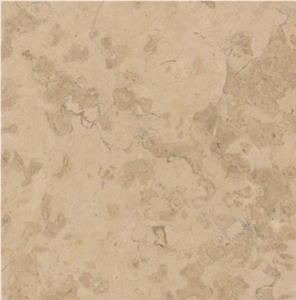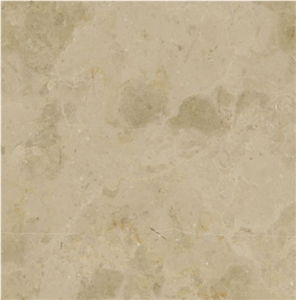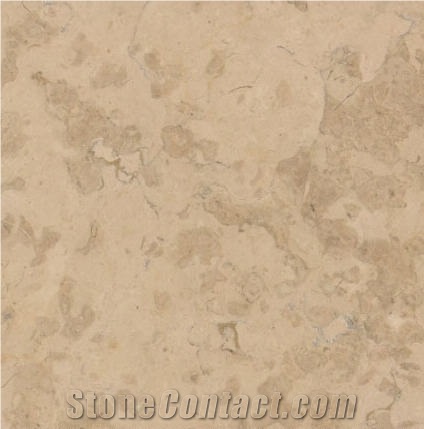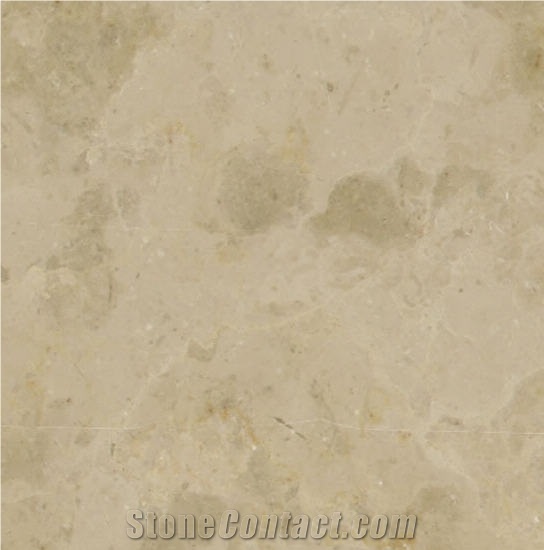Bale
 Croatia
(Bale, Pula, Istria)
Croatia
(Bale, Pula, Istria)
Bale is a kind of beige marble quarried in Croatia. This stone is especially good for Ornamental stone, interior, exterior, wall, floor covering, stairs, balustrades, fireplaces, copings, pavers, etc. and other design projects. It also called Bale Beige,Bale Beige Marmor,Bale Marmor, Bale Limestone . Bale can be processed into Polished, Sawn Cut, Sanded, Rockfaced, Sandblasted, Tumbled and so on.

Are there color variations of Croatia's Bale Marble?

Is Croatia's Bale Marble an expensive stone?

Can Croatia's Bale Marble be used in a kitchen?

How thick is Croatia's Bale Marble slabs?

Can Croatia's Bale Marble be used exterior applications in very windy climates?

Can Croatia's Bale Marble be used in floor coverings?
The request includes: 1. surface finished, size 2. quantity required











 United States
United States Romania
Romania